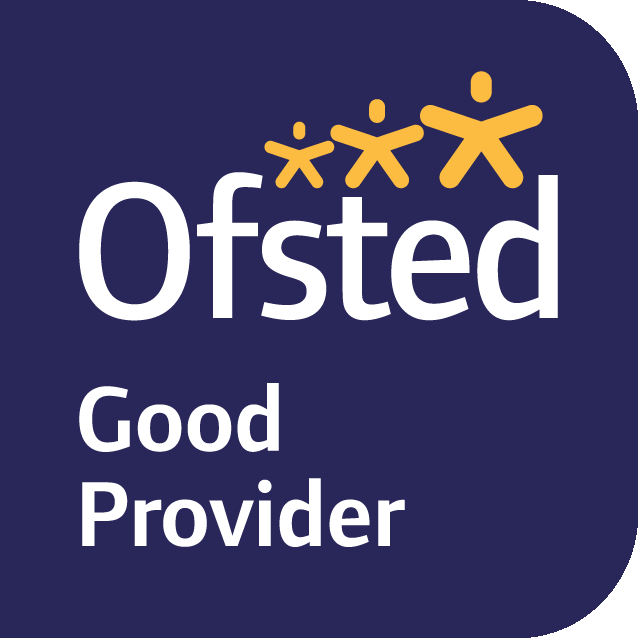Sex and Relationships
The planned delivery of sex education at Hans Price will take place through two curricular areas: Science and SPACE. These two areas will complement each other, SPACE drawing upon and encouraging personal reflection upon the implications of the factual understanding gained in Science.
The Science Curicculum and Sex Education
In accordance with the new national curriculum orders published in 2019:
At Key stage 3, Students will be taught:
Reproduction
- About the physical and emotional changes that take place during adolescence (puberty)
- Reproduction in humans (as an example of a mammal), including the structure and function of the male and female reproductive systems, gametes, fertilisation, gestation and birth, to include the effect of maternal lifestyle on the foetus through the placenta.
Sex and Relationships
- The characteristics of positive, healthy friendships and that there are different types of committed, stable relationships such as marriage.
- About different types of bullying (including cyberbullying)
- How to recognise the characteristics and positive aspects of healthy one-to-one intimate relationships, which include mutual respect, consent (the law), loyalty, trust, shared interests and outlook, sex and friendship.
Health
- The effects of a range of lifestyle choices such as exercise, diet, personal hygiene, alcohol, smoking and recreational drugs (including substance misuse) on behaviour, health and life processes.
- How to talk about their emotions accurately and sensitively and how to recognise the early signs of mental wellbeing concerns.
- Basic first aid treatment for common injuries.
- That bacteria and viruses affect health.
At Key Stage 4, Students will be taught:
Reproduction
- The way in which hormonal control occur, including the effects of insulin and sex hormones.
- Some medical uses of hormones, including the control and promotion of fertility and the treatment of diabetes.
Relationships
- That some types of behaviour within relationships are criminal, including violent behaviour and coercive control.
- That there are a range of strategies for identifying and managing sexual pressure
- The concepts and law relating to illegal sexual behaviours such as sexual harassment and sexual violence and why these are always unacceptable.
- The impact of viewing harmful content.
- The facts about the full range of contraceptive choices, pregnancy and miscarriage.
- How the different sexually transmitted infections (STIs), are transmitted, how risk can be reduced through safer sex and the importance of and facts about testing.
Health
- The defence mechanisms of the body, including the role of the skin and blood.
- Common types of mental ill health (e.g. anxiety and depression) and how to critically evaluate when something they do or are involved in has a positive or negative effect on their own or others’ mental health.
- The benefits of regular self-examination and screening.
- Life-saving skills, including how to administer CPR and the purpose of defibrillators and when one might be needed.
Curriculum entitlement
Right to withdraw: Parents have the right to request that their child be withdrawn from some or all of sex education delivered as part of statutory RSE. Before granting any such request a meeting would need to be held with a member of the senior leadership team or SPACE lead. For any more information please contact Mr Dishkin (SRE Lead) – daniel.dishkin@clf.uk


